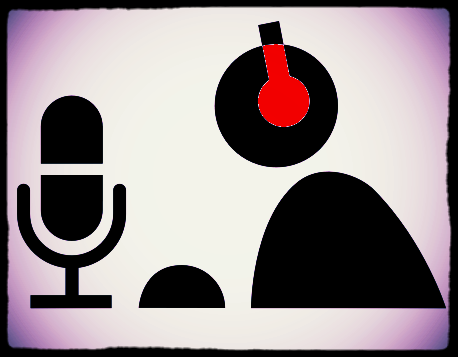Check out our live show schedule
Support Echoplex Media on Patreon
Facebook -
Profile: This is your personal profile, the one you log in to. This is where you add friends and comment on your friends’ posts. A profile can comment on friends posts, public posts not by friends, and on posts on facebook pages. Your profile is also what you use to join and participate in groups.
Page: This is a public page for a brand or organization. Everyone can see the page and everyone can comment unless they are blocked by the page.
Group: There are 3 kinds of groups. A public group, where anyone can see any of the posts and who the members are. You cannot comment until you join the group either by requesting and being accepted or by having one of your friends add you. There is a closed group where anyone can see who’s a member of the group but only members can see posts. You can see posts in this group once you are a member. There are secret groups which you cannot see at all unless you are invited. Once you are invited you can see all the posts and participate, and nobody knows you are in the group.
Event: This is an event. They can be public or private. Not a lot of trolling happens on event pages, but sometimes a proper party happens on one.
Twitter -
Your account: You have an @ handle and a display name. Both are searchable, but your @ handle is your identifier on Twitter. This is how people tag you in tweets and reply to tweets if they feel inclined.
Followers: Very different than friends on facebook. You can follow anyone unless their profile is set to private, most profiles are not private, so we won’t cover private twitter profiles because it’s not that useful. When you follow someone, they show up in your twitter stream but unless they choose to follow you back, they don’t see you unless someone they are following retweets you.
Tweet: A post. May include a video, a photo, or just words. It’s just you saying something on Twitter.
Retweet: Someone likes what you tweeted and they share it with their followers. Or, if they don’t like what you say, they may also retweet you.
Lists: Lists are just lists of twitter users that you want to be able to see in a pinch. Maybe it’s your family and friends, maybe it’s journalists you like, maybe it’s trolls you like. Can be anything really. Your lists are public and anyone can view the feed for your lists. Pretty cool
Blocking: People can block you so that you cannot see their account or reply to their tweets. You can still @ handle tag them, but they will never see it.
Muting: When someone is just tired of seeing your @ replies in their notifications, they might temporarily or permanently mute you. The temporary muting is not a twitter option, but rather something that someone has to consciously do, they must remember to unmute you or it’s not “temporary”. Many use this when someone is being fucking annoying but they don’t want to give the annoying person the satisfaction of blocking them.
Hashtags: Hashtags are huge on twitter. Facebook also has them, but nobody really uses them. If something is going down in the news or if there’s some other big event going on, following the hashtag can help you keep up to date with what others are saying about it. Hashtags are also quite useful on Instagram but nobody really trolls on Instagram.
Eggs: When someone hasn’t uploaded a photo, they have an egg as their picture. Most people just ignore these fuckers. Probably a good idea.
Glossary -
Not everyone agrees on the definitions of every term in trollandia, so keep in mind that this glossary is so that people understand what I am talking about during the podcast, not the be-all-end all of trolling terms. Kthanks!
Poe: It’s about “Poe’s Law”. Poe’s law states that something significantly ridiculous is indistinguishable from a parody of that thing. See: Christians For Michele Bachmann on Facebook
Dirty Delete: 1) someone just deletes their post to piss the commenters off. 2) someone is arguing with another person or a group of people and then deletes their own comments in order to make the discussion look absurd or to make the other people look like they’re crazy. The 2nd one is far more common as a trolling tactic.
Fail Troll: It’s exactly what it sounds like. Either someone who simply fails at trolling because their routine is tired and unoriginal or an attempted trolling of a comment thread that was a failure.
Concern Troll: A concern troll is a person who participates in a debate posing as an actual or potential ally who simply has some concerns they need answered before they will ally themselves with a cause. In reality they are a critic.

